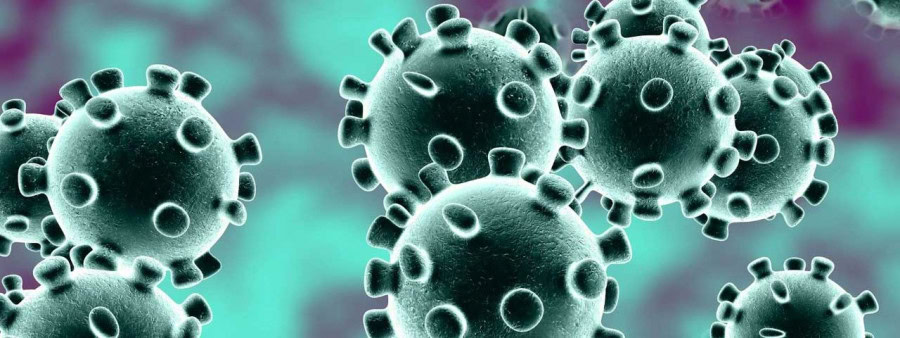Islamabad: The National Institute of Health reported that the first case of Omicron sub-variant BA.2.12.1 was detected in Pakistan on Monday.
The NIH tweeted that the new sub-variant was causing an increasing number of cases in different countries.
NIH has detected the first case of Omicron sub-variant BA.2.12.1. This new sub-variant is causing increasing number of cases in different countries.
— NIH Pakistan (@NIH_Pakistan) May 9, 2022
Stressing upon the need to wear masks and get COVID vaccinations, the NIH recommended getting vaccinated and advised those due for boosters to get their shots immediately.
It is pertinent to know that this Omicron sub-variant, called BA.2.12.1, was a new mutation of unknown origins. It emerged on the CDC’s variant tracker in early February but exploded in growth across the country in April.









